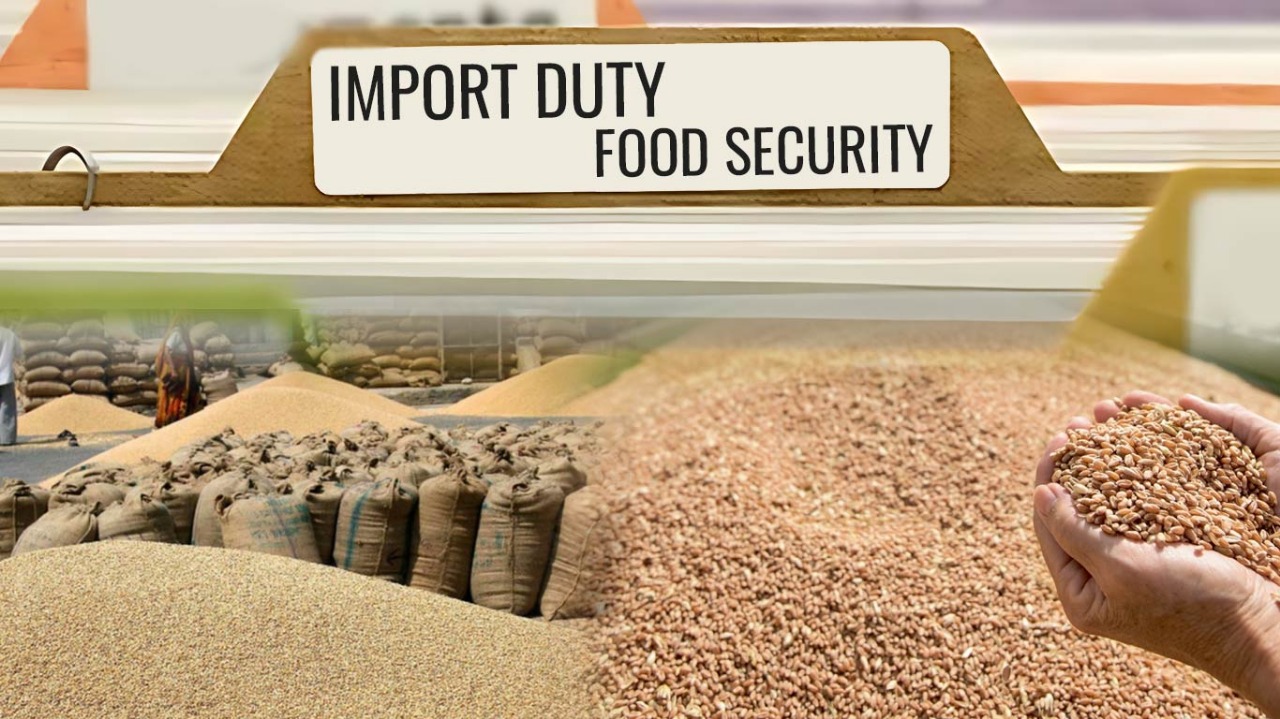
Follow WOWNEWS 24x7 on:
Updated: July 01, 2025 06:14

As India and the United States inch closer to finalizing a trade pact, a new warning from the Global Trade Research Initiative (GTRI) has stirred debate. The think tank cautions that slashing import duties on US agricultural goods could jeopardize India’s food sovereignty and rural livelihoods.
GTRI warns that reducing tariffs on US farm imports could flood Indian markets with cheap, subsidized goods
Over 700 million rural livelihoods may be at risk
India’s ability to manage food stocks and respond to global price shocks could be compromised
Subsidy-Backed Competition
US farm products like rice, dairy, poultry, and genetically modified soy are heavily subsidized
These subsidies give American producers an unfair edge over Indian farmers
In some cases, subsidies exceed 50 percent of production value
Historical Precedents
Between 2014 and 2016, global grain prices collapsed, devastating farmers in Africa
GTRI fears a similar scenario if India removes protective tariffs
Irreversible Commitments
Any permanent tariff cuts under the trade pact would be difficult to reverse
GTRI argues that India must retain flexibility to adjust tariffs in response to global volatility
Dairy
India’s dairy sector is built on smallholders with one or two animals
US dairy access is blocked by India’s strict animal feed regulations
Opening the sector could destroy millions of rural livelihoods
Poultry
Liberalizing poultry imports could hurt local producers
India’s fragmented cold chain and weak sanitary enforcement make it vulnerable
Genetically Modified Foods
US criticizes India’s GM food regulations as unclear
India remains cautious due to public opposition and environmental concerns
GM imports could contaminate local supply chains and hurt exports to GM-sensitive markets
India must preserve its policy space in agriculture
Food security should remain a sovereign priority in an unstable geopolitical climate
The trade pact must not compromise the livelihoods of millions for short-term gains


